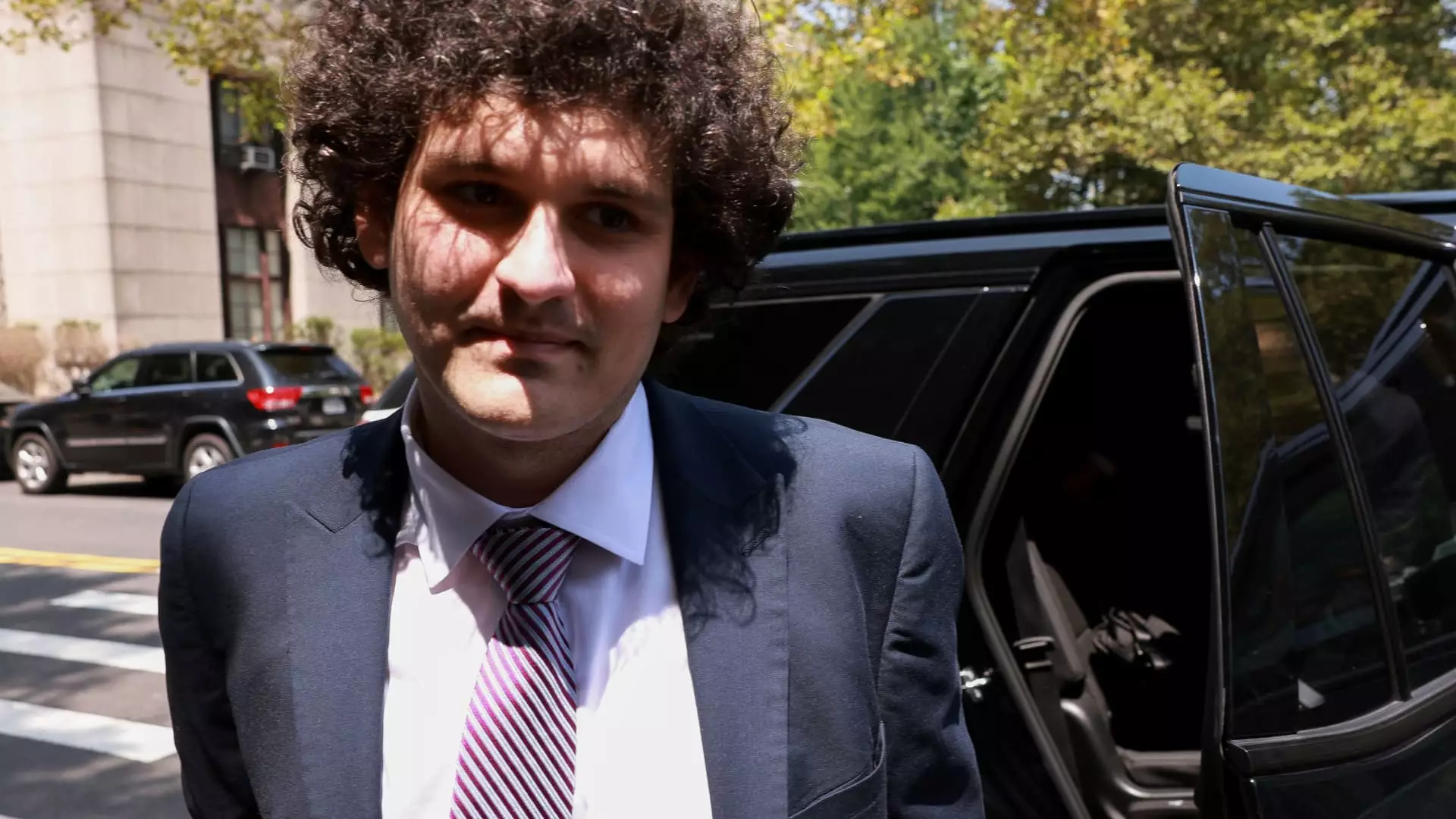In a surprising turn of events, prosecutors have chosen not to pursue a second trial against Sam Bankman-Fried, the disgraced founder of FTX. Explaining their decision in a note to Judge Lewis Kaplan, the U.S. government cited the substantial amount of evidence already presented during Bankman-Fried’s first criminal trial as the primary reason. This revelation has left many puzzled, as the second trial was set to address additional criminal counts, including conspiracy to bribe foreign officials and conspiracy to commit bank fraud. However, with the evidence from the initial trial already considered, the government believes it is unnecessary to proceed with a second set of proceedings.
Despite the decision not to pursue a second trial, Bankman-Fried’s fate still rests in the hands of Judge Kaplan. The sentencing date has been scheduled for March 28 at 9:30 a.m. ET, and the potential consequences are severe. With a statutory maximum sentence of around 115 years, the judge must carefully consider the magnitude of the crimes and the defendant’s criminal history. Legal experts speculate that Bankman-Fried could potentially face over 100 years in prison, given the scale of his fraud and his defiant behavior during the trial.
Bankman-Fried’s first trial resulted in a unanimous verdict by the jury, reached within a few hours of deliberation. This swift decision suggests that the jury was firmly convinced of his guilt, leaving no room for holdouts. It is reasonable to assume that the jury’s decisive verdict will impact Judge Kaplan’s sentencing decision. Some legal experts argue that the judge should impose a more severe sentence as a reflection of the jury’s consensus. However, others point out the existence of recommended guidelines that offer a sliding scale for sentencing, considering the extent of the crimes and the harm inflicted upon victims.
The federal sentencing guidelines will play a significant role in determining the length of Bankman-Fried’s prison term. Factors such as the number of people harmed, the overall financial impact, and the seriousness of the damage caused will all be taken into account. Legal analysts are divided on the anticipated sentence, with some predicting a prison term close to the 110 years suggested by the guidelines. Others speculate that Bankman-Fried’s age may work in his favor, potentially resulting in a shorter sentence of 15 to 20 years. Ultimately, Judge Kaplan must weigh the goals of punishment, deterrence, and respect for the law when deciding the appropriate sentence.
The magnitude of Bankman-Fried’s crimes has drawn comparisons to other infamous cases, most notably that of Elizabeth Holmes, the founder of Theranos. Holmes was convicted on four counts of defrauding investors and was subsequently sentenced to over 11 years in prison. However, legal experts believe Bankman-Fried may face a harsher sentence due to the substantial losses suffered by his victims. Comparisons have even been made to Bernie Madoff, who received a 150-year sentence for orchestrating a massive Ponzi scheme.
While the federal guidelines provide a framework for sentencing, Judge Kaplan retains significant discretion in determining the final outcome. Factors such as Bankman-Fried’s age and the non-violent nature of his crimes could influence the judge’s decision. Legal experts are divided on the potential length of the sentence, with some predicting a more lenient outcome to allow Bankman-Fried a chance at a meaningful life after serving his time. However, the staggering losses suffered by victims and the necessity of deterring future white-collar crimes may push the judge towards a more punitive sentence.
The decision to forego a second trial against Sam Bankman-Fried has left the public speculating on the outcome of his sentencing. With the potential for a sentence exceeding 100 years, the founder of FTX faces a daunting future. As legal experts and the judge grapple with the appropriate course of action, the public eagerly awaits March 28 to learn the final judgment in this high-profile case.


Leave a Reply